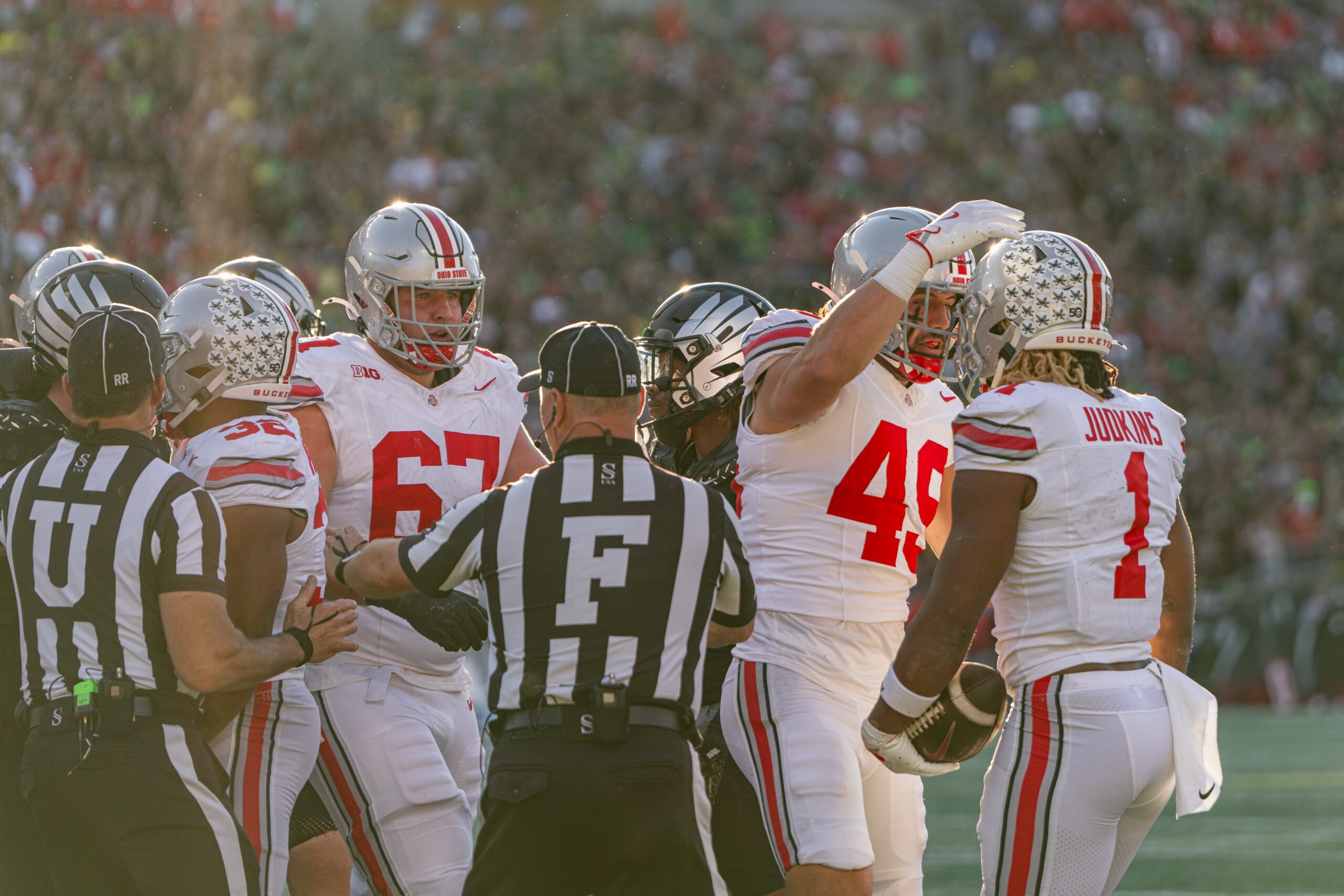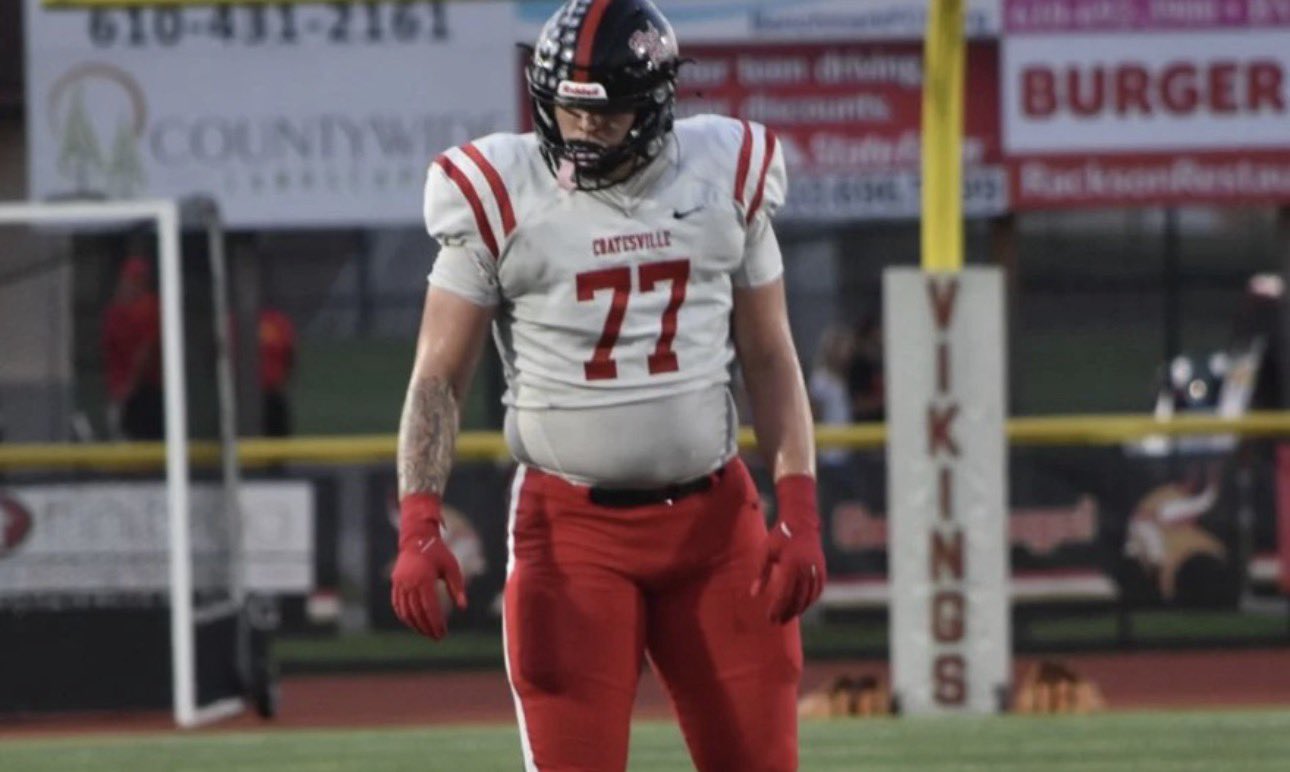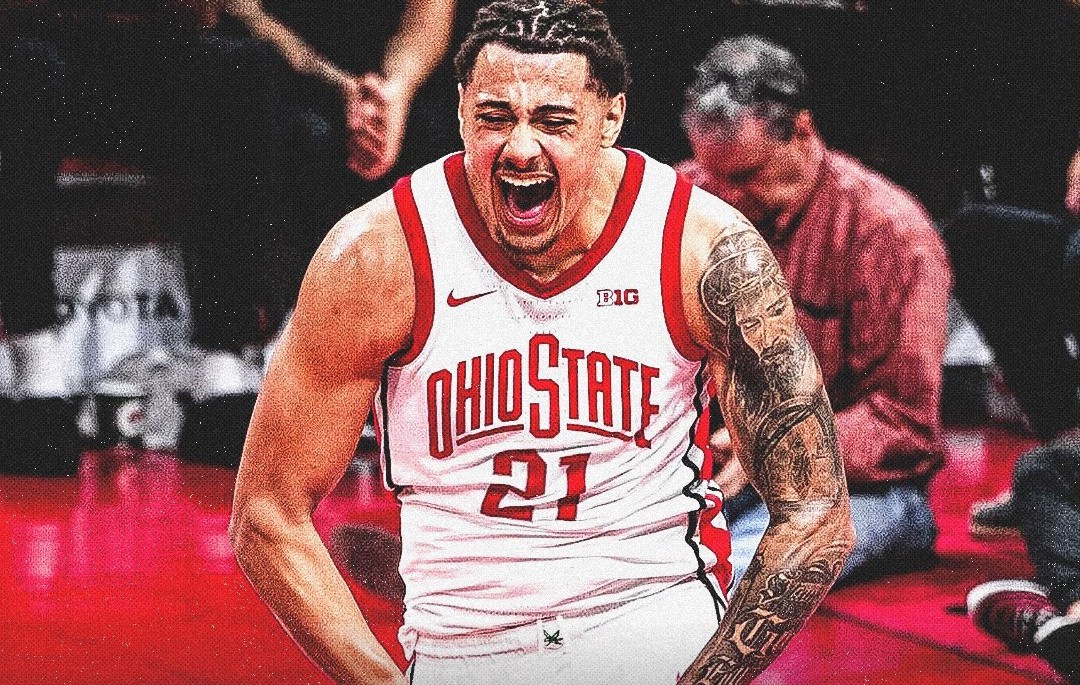
I tip my hat to Oregon head coach Dan Lanning for knowing the rule and using it to his advantage. That’s just good coaching.
The loophole Oregon exploited in its recent win over Ohio State—putting 12 defenders on the field in a late-game scenario—has now been closed by the NCAA. In a game decided by razor-thin margins, this move ultimately helped the Ducks secure a 32-31 victory over the Buckeyes. While the tactic earned Oregon a five-yard penalty for illegal participation, it also ran valuable seconds off the clock. Those four lost seconds kept Ohio State from attempting a game-winning field goal, despite the five-yard gain not being enough to push them into range.
Lanning later revealed that this was not some spur-of-the-moment decision. In fact, Oregon had practiced this scenario for just such a situation. “We spend an inordinate amount of time on situations,” Lanning explained. “Some don’t show up often in college football, but this was one we had worked on.”
The NCAA didn’t take long to respond. Just days after the game, they issued a rules interpretation stating that if a team fields 12 or more defenders in the final two minutes of a half, the offense will now have the option to reset the clock to the pre-snap time. This prevents defenses from exploiting a loophole that could allow them to waste precious time for the offense in critical moments.
Steve Shaw, the NCAA’s Football Secretary Rules-Editor, emphasized that there should be no advantage gained from committing a penalty. “The goal of this in-season interpretation is to eliminate a potential clock advantage for committing a substitution foul and take away any gain for the defense if they violate the substitution rule,” Shaw said.
Here’s what happened in the game: with 10 seconds remaining and Ohio State trailing by one point, the Buckeyes faced a third-and-25 from Oregon’s 43-yard line. Following a timeout, Oregon sent out 12 defenders, a move Ohio State head coach Ryan Day immediately flagged. While the penalty moved the Buckeyes five yards closer, it allowed four seconds to tick off the clock—time they couldn’t afford to lose. On the next play, Will Howard scrambled, but was tackled before he could call a timeout, sealing the game for the Ducks.
From the Buckeyes’ perspective, this loss stings. The chance for a game-winning field goal was there, but the loophole exploited by Oregon threw a wrench into the plan. Lanning’s defense, especially cornerback Jabbar Muhammad, did their job by forcing an incompletion on that third down, but the 12th defender clearly added confusion.
Would Ohio State have won without that loophole? We’ll never know. What we do know is that the NCAA quickly moved to shut down any future attempts by other teams to mimic Oregon’s tactics in close games. Going forward, the clock will reset if a team tries to gain a clock advantage by sending extra defenders onto the field in the final two minutes.
In the end, Oregon won, and Lanning is being praised for his cleverness. Whether or not this was a master plan or just fortunate timing, it worked. For Ohio State, it’s another hard lesson in a game that was just out of reach. The Ducks executed a well-prepared plan, and for that, they deserve credit. As for the Buckeyes, the NCAA’s new rule may prevent this from happening again, but it doesn’t erase the sting of what happened on that fateful Saturday in Eugene.











